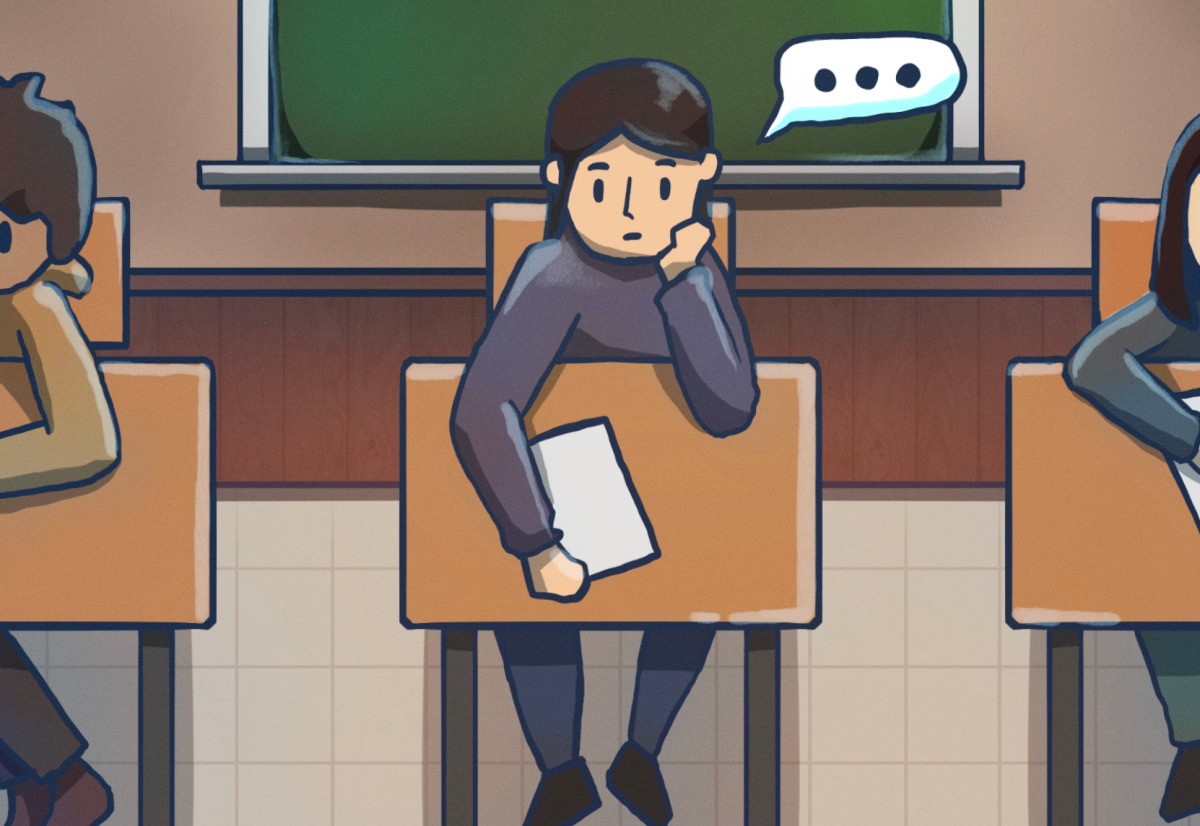Teachers pass out the list of required summer reading and the whole school collectively groans. No longer are students free to choose the old classic, a best-selling thriller or the Sunday sports section. Teachers make these choices for them.
In order to increase choice and interest, teachers should revise summer reading assignments to include more options since they are a waste of time for students and teachers.
While students won’t forget how to read over the summer, they may stop reading consistently. Forcing students to read books they may not be interested in defeats the purpose of encouraging reading and takes longer, squandering time for reading more interesting material. Some students skip the reading altogether, heading straight for Sparknotes.
Lengthy written assignments that accompany summer reading seem daunting and decrease a student’s will to work. Annotations, questions and essays turn reading from a pleasure into a chore. Principal Alan Goodwin even advised the English department to cut back on the amount of annotations assigned over the summer. While AP students have signed up for rigorous classes and should expect a fairly heavy assignment, honors and on-level students are hampered by the amount of work.
Moreover, summer assignments can’t account for more than five percent of the total quarter one grade, according to MCPS guidelines, and they’re often worth even less.. Although summer work often acts as a precursor course material, students who dutifully complete summer assignments are often frustrated when their hard work amounts to nothing more than a 10-point grade.
Teachers often say summer reading assignments lead up to curriculum work during the year and help practice key analytical techniques. But students are more likely to sharpen these skills with reading that interests them: when a student is engaged, they will pay more attention to close reading and detail.
Perhaps students could play a role in developing suggested reading lists. The passionate readers among the student body should suggest many worthwhile summer reads that would inspire students to enjoy their assignment. Suggestions could be submitted near the end of the year, and teachers could review the list and pick the best choices.
Summer is a time to allow the brain to embrace whatever the heart desires. Teachers should revise summer reading by working with students to provide choices that might actually make students excited about summer reading.
















Johnny A. Editor • Oct 5, 2015 at 6:57 pm
Just to let the editors know, this article needs a fair amount of editing and does not belong online in this state.